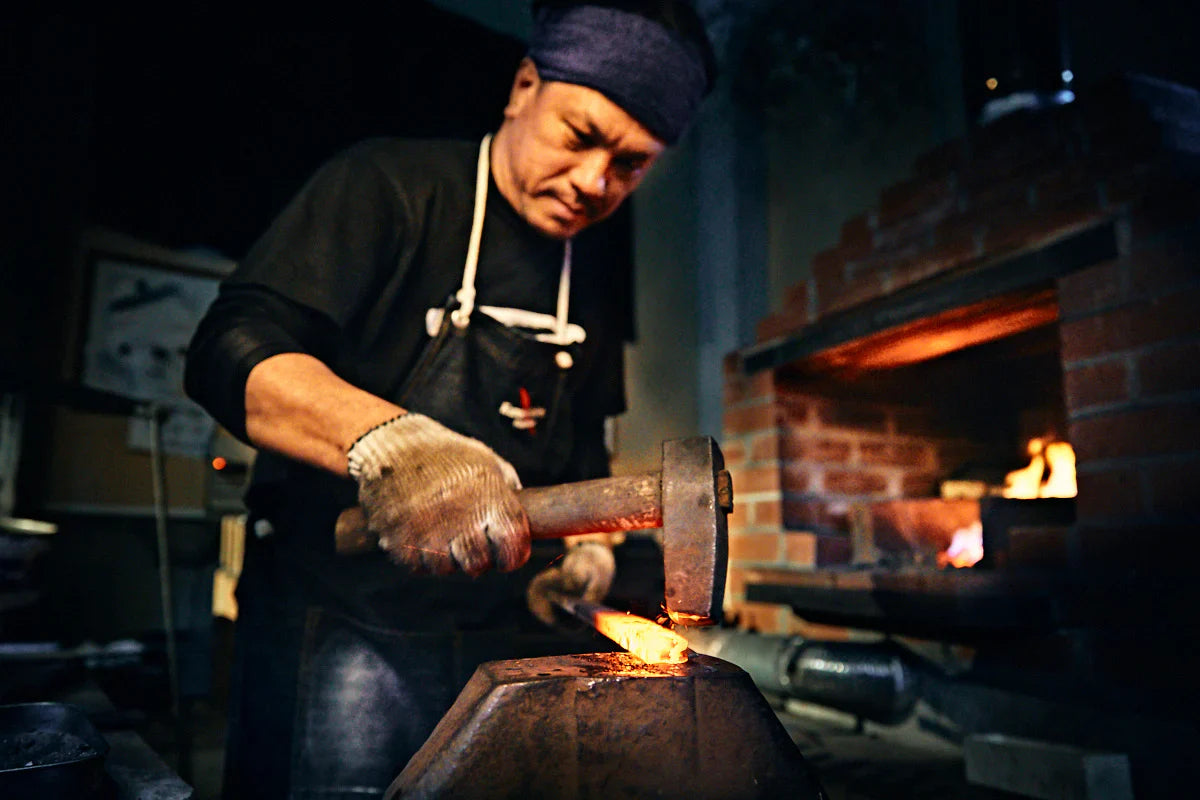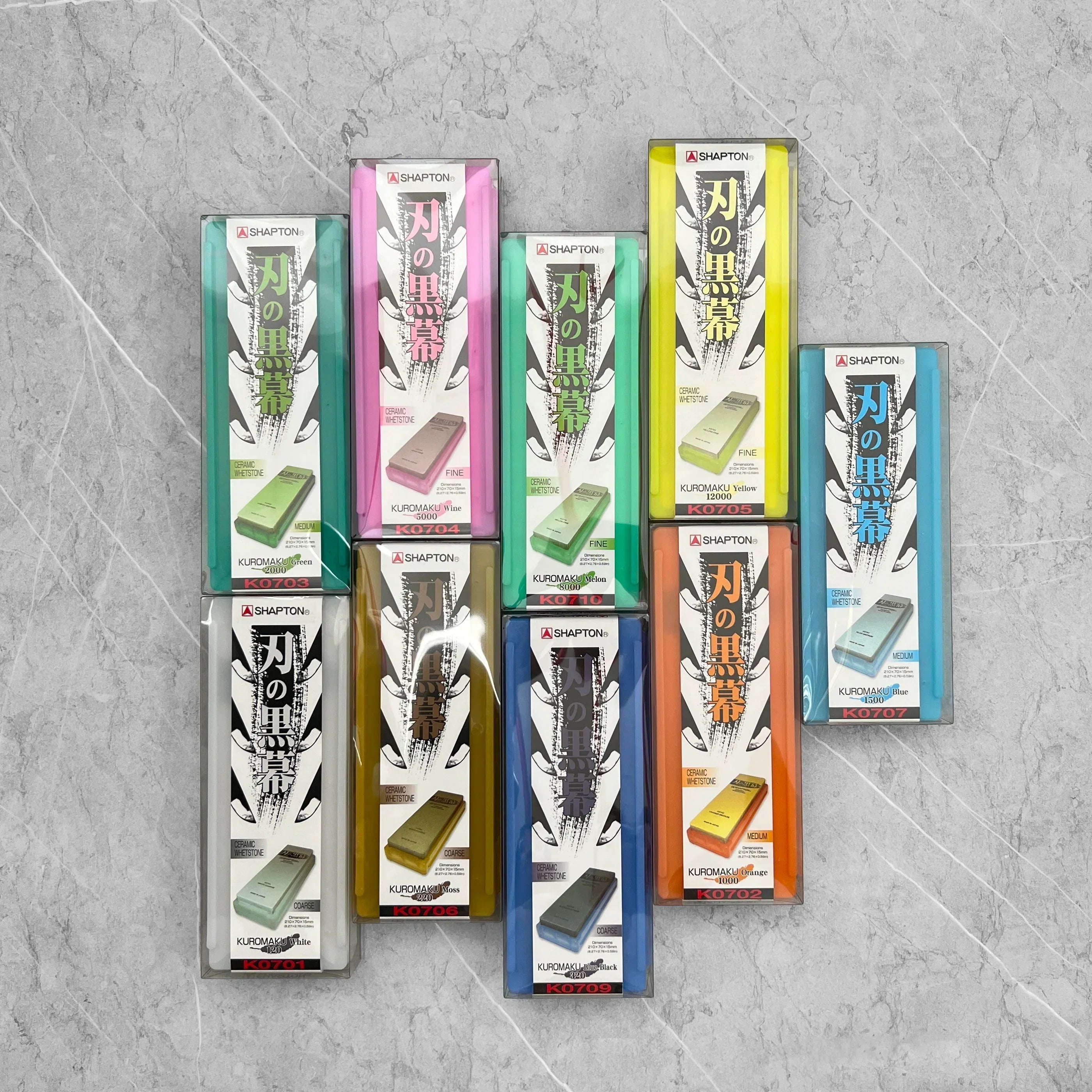Kitchen knives are an essential tool for any home cook or professional chef. Proper care and maintenance of your knives not only prolong their lifespan but also ensure they perform at their best. Here’s a comprehensive guide on how to care for and maintain your kitchen knives.
1. Regular Cleaning
Cleaning your kitchen knives after each use is crucial. Here’s how to do it properly:
- Hand Wash Only: Always hand wash your knives with warm water and mild dish soap. Avoid using abrasive sponges or scouring pads that can scratch the blade.
- Dry Immediately: After washing, dry your knives immediately with a clean, dry towel to prevent water spots and rust.
2. Proper Storage
Storing your knives correctly is essential to keep the blades sharp and prevent accidents.
- Knife Blocks: Store your knives in a wooden or bamboo knife block to protect the blades and keep them easily accessible.
- Magnetic Strips: A magnetic knife strip is another excellent storage option, keeping knives within reach while preventing them from rubbing against each other.
- Drawer Inserts: If you prefer to store knives in a drawer, use a knife drawer insert to keep them organized and protected.
3. Regular Sharpening
Sharp knives are safer and more efficient to use. Regular sharpening is essential to maintain the edge.
- Whetstone: Using a whetstone is a traditional and effective method to sharpen knives. Soak the stone in water for about 10-15 minutes, then use a gentle, consistent angle to sharpen the blade.
- Knife Sharpeners: Manual and electric knife sharpeners are convenient tools for maintaining sharpness. Follow the manufacturer’s instructions for the best results.
- Professional Sharpening: Consider professional sharpening services for a precise and thorough sharpening, especially if you're not confident in your sharpening skills.
4. Honing Between Uses
Honing your knives regularly realigns the blade’s edge, maintaining its sharpness between sharpenings.
- Honing Steel: Use a honing steel to realign the edge of your knife. Hold the steel vertically and swipe the knife blade down at a 15-degree angle on each side several times.
5. Cutting Board Matters
Using the right cutting board can significantly impact the longevity of your knife’s edge.
- Wood or Bamboo Boards: These materials are gentle on knives and help maintain sharpness. They also have natural antibacterial properties.
- Plastic Boards: High-quality plastic cutting boards are another good option. They are easy to clean and gentle on blades.
- Avoid Hard Surfaces: Avoid cutting on hard surfaces like glass, granite, or ceramic, as these can quickly dull and damage your knives.
6. Avoid Dishwashers
While it might be tempting to toss your knives into the dishwasher, this is a big no-no.
- High Heat and Harsh Detergents: Dishwashers expose knives to high heat and harsh detergents, which can damage the blade and handle.
- Banging Around: Knives can knock against other utensils during the wash cycle, leading to nicks and dull edges.
7. Handle Care
The handle of your knife is just as important as the blade.
- Wooden Handles: Treat wooden handles with food-grade mineral oil periodically to prevent drying and cracking.
- Synthetic Handles: Synthetic or composite handles require minimal care but should still be cleaned and dried properly to avoid any damage.
8. Use the Right Knife for the Job
Using the appropriate knife for each task not only makes your work easier but also extends the life of your knives.
- Chef’s Knife: Ideal for most cutting tasks, including chopping, slicing, and dicing.
- Paring Knife: Perfect for small, delicate tasks like peeling and trimming.
- Serrated Knife: Best for cutting bread, tomatoes, and other items with tough exteriors and soft interiors.
Conclusion
Proper care and maintenance of your kitchen knives are essential for their longevity and performance. By following these tips, you can ensure that your knives remain sharp, safe, and effective, enhancing your overall cooking experience. Invest time in taking care of your knives, and they will serve you well for years to come.




Share:
How to Pick the Right Kitchen Knives: A Comprehensive Guide